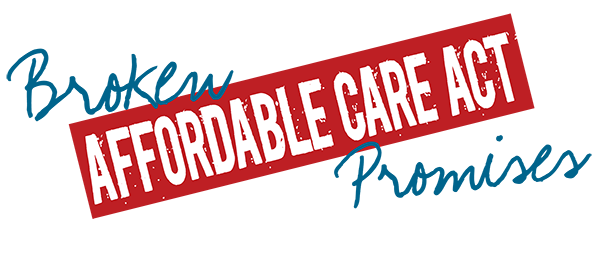September 5, 2016 5:36 PM
By Steve Twedt / Pittsburgh Post-Gazette
Paul Vondra is just the sort of person the architects of Obamacare had in mind.
The 59-year-old Bellevue resident is a temporary worker contracted through a New Jersey agency to work as a mail clerk for a major local bank. He doesn’t own a car, so he bikes each day to his job in the Strip District.
His agency has offered him a choice of two Affordable Care Act-qualified plans. But Mr. Vondra, who makes less than $25,000 annually and has no dependents, said the cheapest plan carries a monthly premium of $165, or $800 a year, and a yearly deductible of $2,500.
Also, the plan’s co-insurance — the amount he would be responsible for after he has met his deductible — is $4,500, while out-of-pocket hospital costs are capped at $10,000.
“It might as well be $10 million,” he said.
He’s not alone. Officials at local health centers and clinics say they’re seeing more people like Mr. Vondra whose access to insurance has not translated into access to care.
Annette Fetchko, administrator at the Catholic Charities Free Health Care Center, Downtown, said the center has helped secretaries, security guards, custodians, seasonal construction workers and others who have insurance but who still can’t afford to fill prescriptions or follow through on a doctor’s referral to see a specialist.
As a result, she said, the center has broadened its mission, with a focus on ensuring access to care regardless of insurance status.
Physician Edward Kelly, the Catholic Charities center’s volunteer medical director, believes there’s a public misperception that equates having health insurance to having access to care. “Most people think, ‘We’ve got X number of people who have insurance now.’ But we’ve also got X number who can’t afford their insurance.”
The federal marketplace was designed to offer health coverage to the millions of Americans who had no insurance, perhaps due to losing a job or having a pre-existing medical condition.
That part has worked, as the government estimates 20 million people have gained health insurance since the Affordable Care Act was passed in 2010, bringing the percentage of uninsured into single digits. But in the marketplace’s opening rounds, insurers have incurred major losses on their products, so many are narrowing their networks, dropping or redesigning some plans and raising the price on others.
“I don’t think anybody was expecting deductibles of this level when we went into it,” said Denis Lukes, chief financial officer for the Healthcare Council of Western Pennsylvania in Marshall, which represents the region’s hospitals and other health facilities.
Two South Side programs — the Birmingham Free Clinic and Pittsburgh Mercy Family Health Center — help those who come in without insurance to find coverage through medical assistance or other programs. That doesn’t always mean they will get what they need.
“The large deductibles can make it very, very difficult for patients, particularly if they’re on four or five medications,” said J. Todd Wahrenberger, family medicine physician and medical director for the Pittsburgh Mercy center. “We’re constantly checking with insurers to see which drugs they cover and which they don’t.”
Mary Herbert, clinical director at the Birmingham Free Clinic, said the clinic recently had a client return after a one- or two-year absence. She’d gotten a job and had insurance — then saw her monthly premium triple in price. “She said, ‘I just can’t do it.’
“I think there’s a misconception in our society that either you have insurance and everything’s fine, or you don’t and you have access to medical assistance, and there’s all this in-between.”
Mr. Vondra said he does not qualify for a federal subsidy so he’s decided his best option is to skip the insurance and pay the expected $700-plus individual penalty next year for not buying coverage.
“I still come out ahead,” he said. But it still rankles that the penalty will disproportionately hit people like himself “who simply cannot pay all that money before we even see a doctor, and then pay all that after we see a doctor. That’s not what insurance is supposed to do.”
And if he gets sick or seriously hurt?
“I’m just hoping against hope that I can stay healthy for five or six years until I can get into Medicare.”
Steve Twedt: stwedt@post-gazette.com or 412-263-1963.
Corrections posted 9/5 and 9/6/2016: Paul Vondra’s work history was incorrectly described in a photo caption associated with this article. He has only recently become a temporary worker at a major local bank and employed by an agency in New Jersey. In addition, the health insurance plans offered by Mr. Vondra’’s employer were qualified plans under the Affordable Care Act, not marketplace plans.
First Published September 5, 2016 12:00 AM
